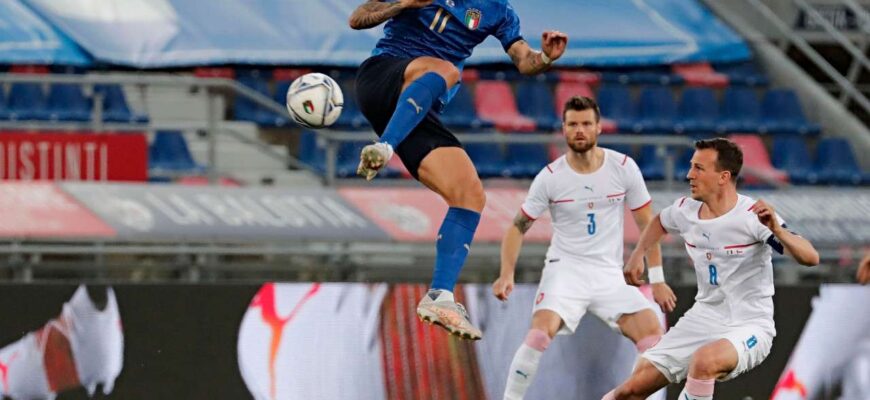In a revealing post-Federal Council address, FIGC President Gabriele Gravina laid bare the intricate challenges facing Italian football, from national team logistics to contentious match decisions. His commentary painted a picture of a federation battling not just on the pitch, but against an unyielding calendar and external pressures.
The Calendar Conundrum: Playoffs vs. Serie A Schedules
The prospect of Italy`s national team heading into playoff contention always stirs the pot, especially when it clashes with the rigorous Serie A calendar. Gravina addressed the murmurs about postponing the 30th Serie A matchday to accommodate the Azzurri. His verdict? “Rather fanciful.”
“That`s an option particularly remote,” Gravina stated, citing the sheer inflexibility of the current fixture list.
Instead of a grand reshuffle, Gravina`s pragmatism leans towards more digestible solutions. He advocates for a series of focused training camps, or `stages,` proposing one as early as February 9-10. The aim? To bridge the significant gap between international breaks, allowing the national coach, Luciano Spalletti, vital time with his squad. This approach, he believes, is a more sensible appeal to the “good sense” of Lega Serie A, rather than attempting to perform calendar alchemy.
Italy`s Azzurri: A Tale of Resilience Amidst Perceived Disasters
The conversation inevitably turned to the performance of the national team itself. Gravina didn`t shy away from acknowledging periods of struggle, notably pointing to a specific “low point” against Switzerland during a challenging phase post-Euro 2020 triumph. Yet, he was quick to highlight the team`s resilience and successes:
- Victories in France after a long drought.
- One of Spalletti`s “most beautiful games” against Belgium.
- A commendable record of winning five out of six matches in the current tournament.
Despite these achievements, the public narrative often zeroes in on perceived failures. Gravina lamented the skewed perception, suggesting a single loss can overshadow a string of commendable results. His frustration was palpable when discussing the “disparity of calendar” – how rival nations seemingly benefited from lighter schedules, allowing them better preparation against Italy. “We risk winning seven out of eight games and not qualifying, with teams making one point and going to the playoffs,” he remarked, a clear hyperbole designed to underscore the perceived unfairness of complex qualification mechanics. It seems the football gods sometimes favor the less industrious.
The Israel Match: A Stand Against “Organized Guerrilla”
Perhaps the most contentious point of Gravina`s address was his staunch defense of playing the match against Israel. Amid calls for a boycott, Gravina offered a blistering critique of those who suggested otherwise.
“I believe that whoever said not to play the match said a great idiocy,” he declared, pulling no punches.
He painted the disruptions around the match, particularly in Udine, not as legitimate protest but as “guerrilla” perpetrated by “organized gangs” intent on destruction. For Gravina, the choice was clear: football must go on. To forfeit would mean a loss, penalties, and inadvertently aiding Israel`s World Cup qualification – an outcome he deemed illogical for a football federation. Inside the stadium, he emphasized, the atmosphere was one of “celebration, joy, and serenity,” a stark contrast to the chaos outside. The game, arriving shortly after a conflict seemed suspended, even carried a symbolic weight of hope and aggregation, Gravina implied, making the calls for cancellation all the more perplexing to the football administrator`s mind.
Looking Ahead: Gravina`s Vision
Gabriele Gravina’s comprehensive overview highlighted a federation striving for stability and success in an environment rife with variables. His message was clear: while challenges are numerous, the FIGC remains committed to practical solutions and unwavering support for its national teams. The path to future glories for Italian football, it seems, will be paved with steady hands, sharp decisions, and perhaps, a healthy dose of defiance against the currents of popular opinion.









